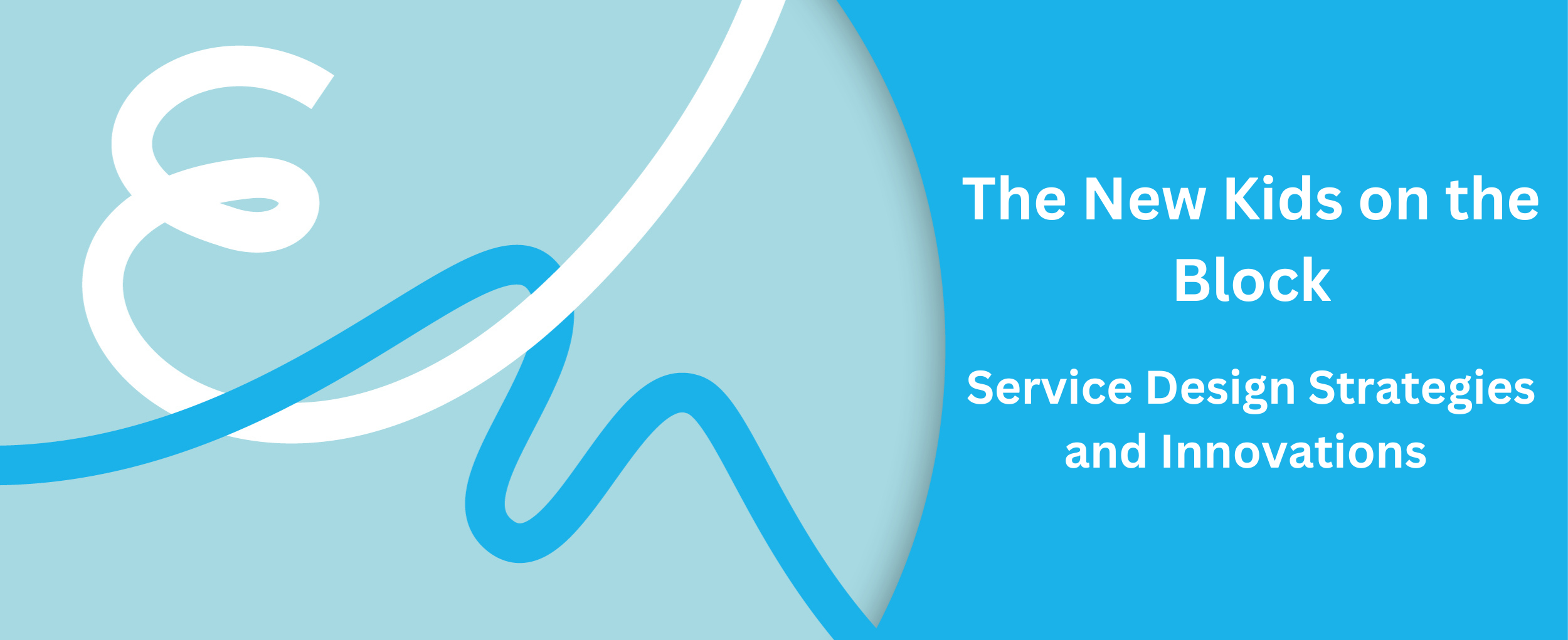
The Erasmus Mundus Joint Master’s Degree in Service Design Strategies and Innovations (SDSI), was born in 2017 and funded in 2022, represents a collaborative effort between the Art Academy of Latvia, the University of Lapland, the Estonian Academy of Arts, and the Stockholm School of Economics in Riga. This innovative programme focuses on educating and empowering individuals to reshape societal structures through service design, blending creativity, design thinking, and business and management fundamentals.
Each consortium partner brings unique strengths to SDSI. The University of Lapland is celebrated for its service design expertise and technological focus. The Estonian Academy of Arts contributes sustainable transitions and systemic thinking, emphasizing digitalization and sustainability. The Stockholm School of Economics in Riga adds critical business and management knowledge.
SDSI stands out for its practical and strategic curriculum, including collaborations with local industries like Riga Airport, offering students hands-on experience in addressing real-world service challenges. The programme’s international student body significantly impacts local communities, engaging in language learning and cultural activities, enhancing their educational experience.
Despite initial challenges in coordinating diverse educational cultures and managing increased workloads, the program has succeeded through adaptability, strategic planning, and comprehensive student support services, including psychological support and cultural integration activities.
The programme’s commitment to geographical diversity enriches the learning environment, emphasizing the importance of inclusivity in educational materials and practices. Regular coordination meetings and the development of joint guidelines are crucial for harmonizing the diverse systems of the partner universities.
Student experiences, like that of Yevheniia Kyrylenko, highlight the programme's effectiveness in enhancing service design skills and preparing students for future challenges. Feedback from students has been instrumental in improving coordination and cooperation within the consortium.
Key recommendations for establishing successful Erasmus Mundus consortia include defining unique selling points, having a dedicated and enthusiastic project leader, and maintaining open, continuous communication within the team.
As a new consortium, SDSI’s success underscores the effectiveness of diverse, multi-institutional collaborations in contemporary education, emphasizing clear objectives, strong coordination, and inclusive practices for impactful educational programmes. This experience serves as a practical example of cooperation and adaptability in creating successful academic partnerships.
For more information on the SDSI programme, please visit the SDSI website: Service Design Strategies and Innovation (sdsi.ma)


Please log in or sign up to comment.